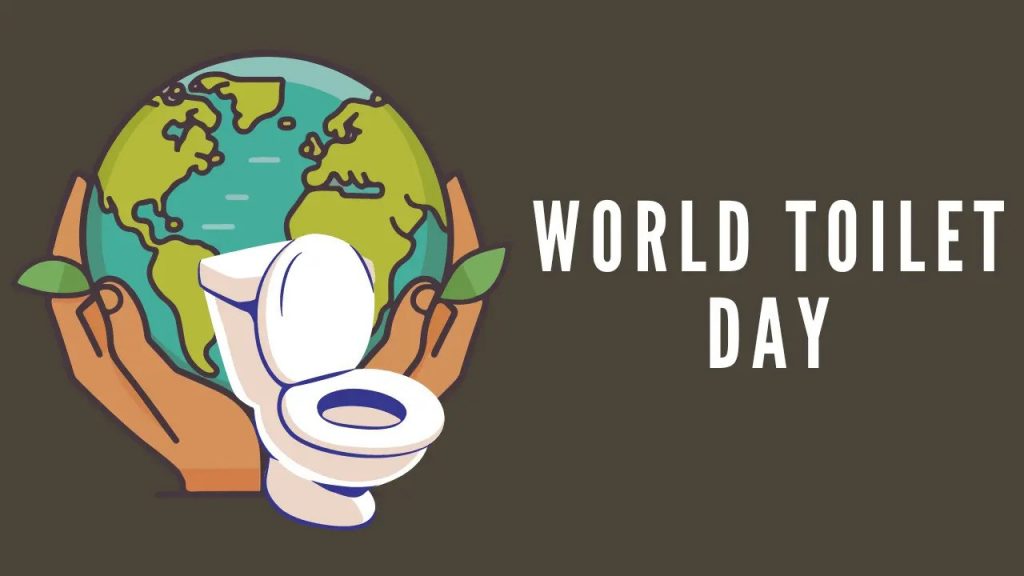The International Community observes nineteen November every year as World Toilet Day. The day is an opportunity to intensify awareness and highlight the importance of toilets to health, hygiene, and safety.
The Day was established in 2001 by the World Toilet Organization and made an official United Nations Observance in 2013 to draw the world’s attention to the importance of accessible toilets and their role in improving hygiene and health around the world.
The 2024 World Toilet Day has the theme “Toilets – A Place for Peace” and aims at promoting worldwide public campaign that encourages action to tackle the global sanitation crisis. It is important to recall that Safe toilets for all by 2030’ is one of the targets of Sustainable Development Goal six.
According to available statistics three point five billion people across the world still live without safely managed sanitation and four hundred and nineteen million people still practice open defecation and remain under threat of untreated human waste which spreads in the environment, with the serious consequences of unleashing deadly diseases. Open defecation poses a serious risk to public health as it can contaminate sources of drinking water. This contamination can lead to the spread of diseases such as cholera, diarrhea, and dysentery.
According to the United Nations Children’s Fund, UNICEF Nigeria will need to build no fewer than three point nine million toilets annually to meet the ending open defecation practice by 2025 target.
UNICEF noted that Nigeria is making limited progress in the area of provision of toilet facilities for the people with twenty-three percent of Nigerians defecating in the open, stressing that government at different levels should drive the vision to achieve Open Defecation Free Status across the country.
Toilets play a crucial role in household sanitation and keep people healthy as they effectively and hygienically remove waste away from the home, reducing the exposure of people to human waste and burden of diseases which can cause sickness and ill health.
Again keeping toilets clean and hygienic is also very important in eliminating germs and dirt that linger in and around toilets.
The World Toilet Day 2024 campaign calls on governments to ensure that sanitation and water services are resilient, effective, accessible to everyone and protected from abuse.
There is need for a strong synergy between the government and the private sector to combat open defecation while More investment and better governance of sanitation are critical to achieve the desired goals. Anambra State Government should be commended for its resolved to stamp out indiscriminate dumping of refuse, open defecation and urinating in unauthorized places by enforcing the provisions of the law.
It is equally important for families and communities who organize social events and activities to provide temporary or mobile toilets for their guests to prevent open defecation .
Nigerians and Ndi Anambra in particular should make sanitation and hand washing their habit to promote healthy lifestyle, in line with the advocacy of the wife of the Governor, Mrs Nonye Soludo.
FRANCA MADIKE









Be the first to write a comment.